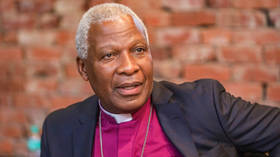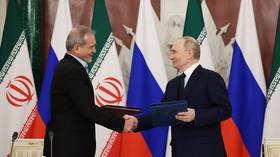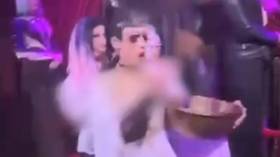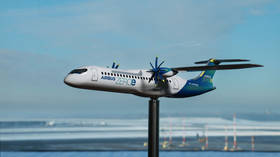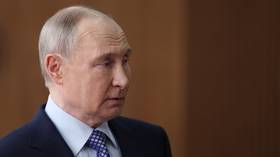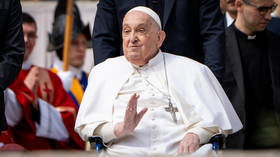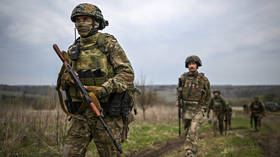Austrian Chancellor & German Foreign Minister warn new EU sanctions against Russia won’t work, as both call for dialogue instead
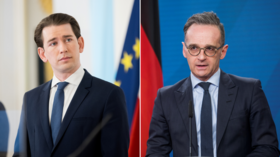
Two of Europe’s top politicians have urged Brussels to change its tactics in dealing with Russia, arguing that constructive talks and open dialogue, rather than new sanctions, are the best way to secure stability on the continent.
Speaking to Swiss daily newspaper Neue Zürcher Zeitung, Chancellor Sebastian Kurz spoke out against the idea of new restrictive measures aimed against Moscow. While, according to him, “the sanctions already imposed by the EU were the right thing to do,” it is now “important to focus on dialogue. Peace on our continent can only be achieved with Russia, not against it,” he said.
For that reason, Kurz said, “I am against additional sanctions as an end in themselves. De-escalation is required. It is difficult, but constant aggravation is not the way we want to go.”
Also on rt.com EU announces new package of sanctions against four Russian officials over jailing of Navalny, as Moscow pledges to respond in kindThe Austrian leader’s intervention echoes comments made over the weekend by German Foreign Minister Heiko Maas. Berlin’s top diplomat said ties between Russia and the EU are currently “very bad” and Germany should play a greater role in dialogue with Moscow. He added that dealing with countries one has differences with is the “essence of diplomacy.” At the same time, he said, current sanctions in response to the 2014 reabsorption of Crimea would remain in force.
Maas also claimed that further sanctions over the case of imprisoned Russian opposition figure Alexey Navalny would be counterproductive in trying to force the country to handle his case differently. "Do you think Moscow will say, ‘thank you very much for imposing even tougher sanctions?’” he asked. “I don’t think so. I think the opposite would be the case.”
In March, the EU unveiled a limited package of sanctions aimed at several officials it claimed were responsible for the jail sentence handed to Navalny, as well as those it claimed were responsible for alleged “human rights violations” in the policing of subsequent protests. However, while this would, in theory, open them up to financial and travel bans, the public servants identified are thought to be already prevented from holding assets abroad under Russian government rules.
If you like this story, share it with a friend!



